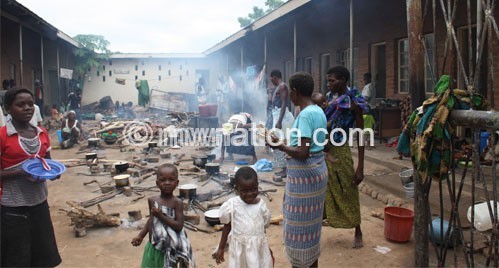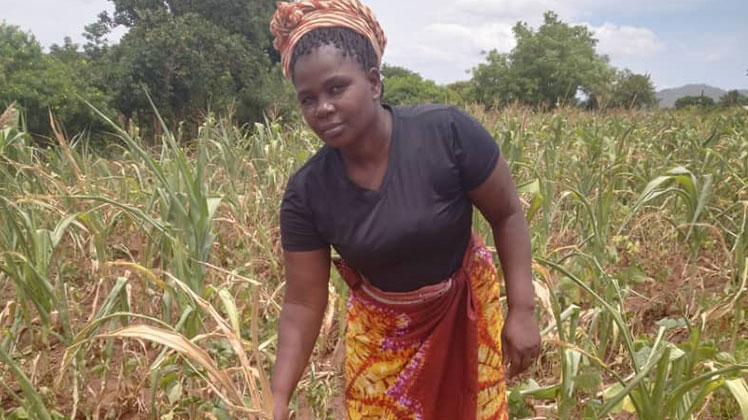Cadecom takes climate change to communities
The draft Climate Change Policy—which Cabinet has sent back for more consultation before it gets approved—is slowly but steadily developing muscle, thanks to the Catholic Development Commission (Cadecom) which is consulting various communities for input.
Speaking after a one-week consultation tour in Dedza, Chikhwawa, Zomba and Mangochi districts, Cadecom’s national programme coordinator Yusuf Mkungula underlined the importance of incorporating aspirations of local communities in developing national policies.

“For years, we have suffered the challenge of developing policies without consulting the people who are affected by the problem we want to address. The effect has been the backfiring of such policies in a way that they fail to lead the nation effectively in responding to the problem,” he said.
During the consultation, communities made their input regarding how they need government to coordinate efforts in mitigating and adapting to climate change.
One of the locals, Mercy Tailosi from Chikhwawa, called on authorities to make clear effects of gender on climate change.
“As we learn how to mitigate and adapt to effects of climate change, I think authorities need to consider that when planning interventions, men and women should not be seen from the same prism.
“We get affected differently. For instance, here in Chikhwawa, when a drought falls, women struggle with children while our husbands are away. This could be a sign that we need to invest in women more than men as climate change affects us differently,” Tailosi said.
Judging from the communities that were consulted, it was evident that most communities are aware of the challenge of climate change both in terms of its causes, effects and also how they can mitigate and adapt to it.
However, Mkungula was quick to underscore that despite this knowledge, most communities continue to struggle to relate climate change to other challenges such as disasters.
“For example, some think disasters like floods and droughts are separate from climate change. This calls for harmonisation of efforts regarding how we respond to these challenges,” he said.
During the consultations, communities questioned government’s rationale in differentiating the reporting structure of the draft climate change and draft disaster risk management policy.





